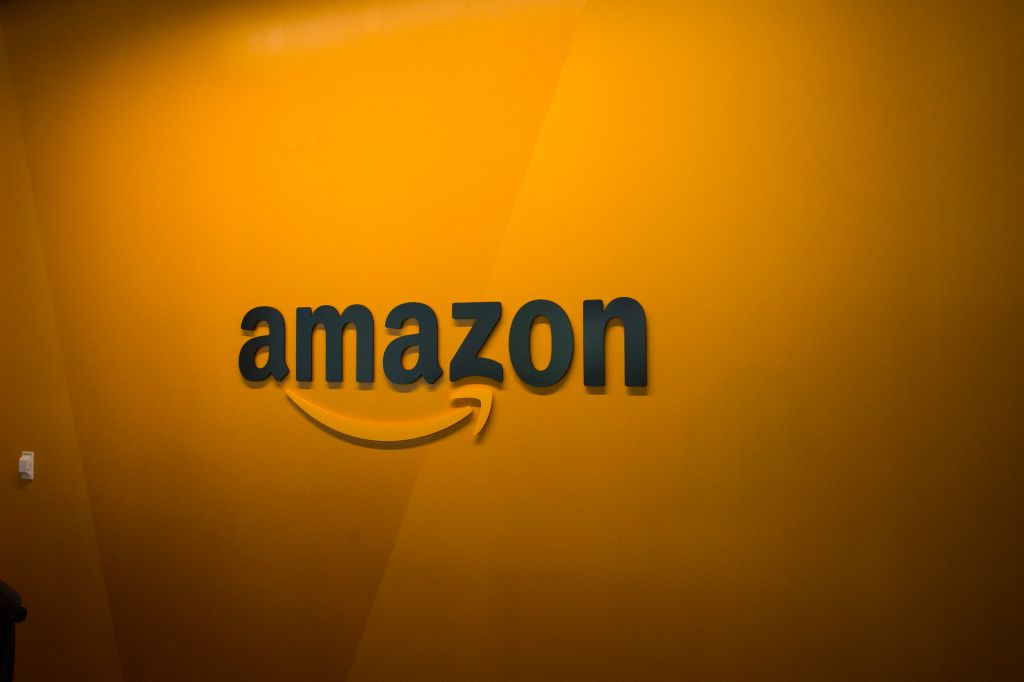
Source: David Ryder / Getty
Customers called for a boycott of Amazon this week after third-party seller Styleart listed items branded with the slogan “Slavery Gets Sh*t Done.” While we can’t imagine Amazon thinks it’s great for an estimated 40.3 million people to be enslaved around the world—at least, we hope not (it has pulled the products from the platform)—the incident certainly calls into question the policies the company has in place for filtering products on the site, which, by the way, had at least 80 million customers subscribed to its Prime services as of April 2017. That’s quite some reach.
This is precisely the concern of human rights organization Anti-Slavery International, which demanded that Amazon “do better to control what you sell” in light of the items it calls “absolutely shocking.”
But perhaps what’s even more shocking is this photo of a white child donning the bib. Gotta teach ’em early, amiright?
Alongside baby bibs, Styleart also offered t-shirts, mugs, tote bags, and sweatshirts. A spokesman for Anti-Slavery International accused Amazon of trivializing slavery by allowing the items to exist on the site in the first place.
“I understand this is meant to be a joke, but slavery is no joke for the 40 million people who are experiencing it right now, including here in Britain,” the spokesperson told DailyMail. (Sidebar: We missed the part where this was supposed to a “joke,” but we digress.) “Slavery includes girls trafficked into prostitution or boys forced to work in sweatshops. They may be ‘getting sh*t done,’ but I don’t think they would find the t-shirt particularly funny. Slavery is real. Trivializing it doesn’t help Anti-Slavery’s work to end this vile practice.”
https://twitter.com/elleyochanan/status/955443434436878339
“All Marketplace sellers must follow our selling guidelines, and those who don’t will be subject to action including potential removal of their account,” Amazon said in a statement on Tuesday. “The products in question are no longer available.”
But in the same way we had questions for Airbnb when it found itself embroiled in controversy last July, and the same way we still have questions for Twitter and its handling of “sensitive” content, we need to know what measures will be taken to ensure something like this won’t happen again. Your move, Amazon.
















